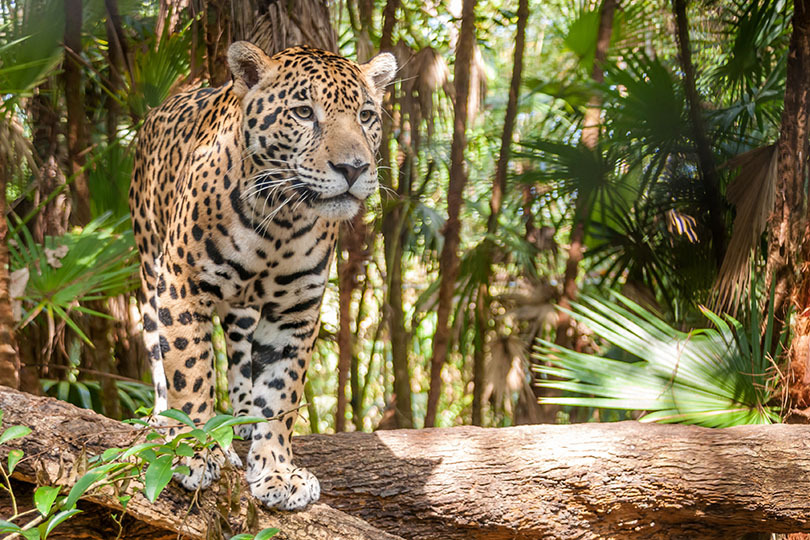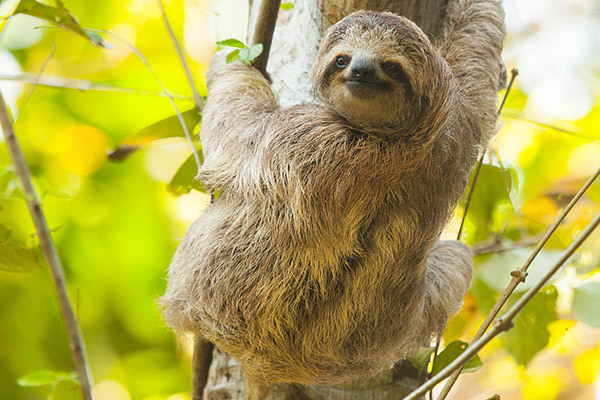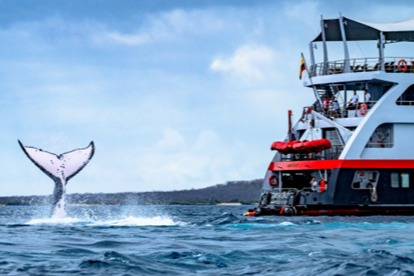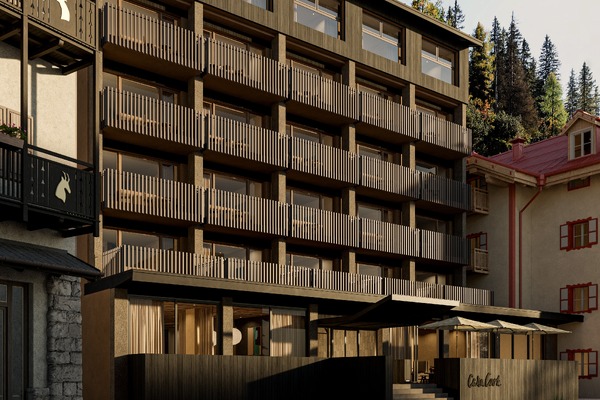How to sell Latin America wildlife experiences
As Latin America spotlights its incredible biodiversity, it’s a good time to discover what wildlife experiences agents could be booking.

A timely campaign from the Latin American Travel Association will put a focus on biodiversity and wildlife tourism in 2022.
It’s opportune because one thing heard loud and clear from consumers during lockdown was a yearning to get back to nature. People either rediscovered the great outdoors near them or, in some cases, had two years mostly confined to urban vistas.
Lata wants to see Latin America grab a bigger slice of a market dominated by Africa. The association estimates Africa accounts for 37% of global animal tourism, with its own region touching just 8.5% of this $600 billion market.
“Lata will be working closely with trade partners and members this year to educate them on the breadth of product available across the continent, helping to grow this share,” said chief executive Danny Callaghan.
It’s a sector clearly undersold by the trade, so here are some ideas to inspire your clients.
BRAZIL
In terms of wildlife, the Pantanal is to the Americas what the Serengeti is to Africa. Set in central Brazil, bordering Bolivia and Paraguay, it is the world’s largest tropical wetland, nearly two-thirds the size of the UK.
Around 500 bird species are present, including toucans and parrots. Among the latter is the world’s largest, the hyacinth macaw, with many lodges offering easy opportunities to view this endangered species. The Pantanal is also home to several natural oddities including the armadillo, capybara and giant anteater.
“South America’s largest wetlands are one of the best places in the world to see wild jaguars,” says Tim Williamson, Responsible Travel’s director.
“For the best chance to spot them, travel in June to October, the dry season, when they bask along the banks of the Cuiba river. Stays in eco-lodges here can support conservation efforts to restore populations of blue macaws, as well as protecting habitat for the Pantanal’s big cats.”
BOOK IT
Responsible Travel offers Jaguar Spotting in Brazil from £5,399pp, including UK flights, most meals, accommodation, transport, activities and a tour leader throughout.
• responsibletravel.com
COSTA RICA
For such a tiny country, around a fifth the UK’s size, Costa Rica packs in a great deal of wildlife – more than 500,000 species. Sloths, tapirs and the ladybird-patterned strawberry poison-dart frogs are among its poster species. Another attraction of Costa Rica is British Airways’ direct flight, which resumes in November, running three times a week until February.
Latin Routes senior marketing executive Laura Radford advises agents to set budget expectations of £2,500-£3,500pp.
“Costa Rica is a year-round destination, which opens it up for people with less flexibility. Even when it isn’t dry season it only rains a bit during the day.
Climate does change depending on elevation, of course, but any time between mid-November to April is best. This also depends on what clients want to see; whale watching is mid-July to end of October. Turtle hatching, particularly in Tortuguero region, is September to mid-December.”
BOOK IT
Latin Routes has a 10-day Natural Wonders of Costa Rica tour from £1,999pp, land-only. It includes stays in remote cloud rainforest and the Quetzal trail walking tour, plus the birdwatching destination of Boca Tapada.
BELIZE
Belize has kept too quiet its boast of having the world’s second-longest barrier reef, at 300km, though recent coverage of the Duke and Duchess of Cambridge diving there will have helped its profile.
The Great Blue Hole, a 125-metre-deep limestone sinkhole, is an iconic scuba dive site while at Placencia, whale sharks can be viewed from March-June. Inland, most terrain remains forested, providing homes to jaguars and macaws.
Journey Latin America’s PR and business development manager, Laura Rendell-Dunn, tips Belize as best visited from November to May. “Belize is on the hurricane belt, so I’d be inclined to avoid travelling during August and September,” she says.
“I’d suggest spending more time in the rainforests around San Ignacio in the Cayo District and/or the Bocawina national park which is closer to the coast, where you can snorkel and spot turtles, rays and sharks.”
She recommends the country as an alternative to Costa Rica, where hotel availability “is scarce until August”.
BOOK IT
Journey Latin America’s 11-day Active Belize package includes rainforest and reef activities, plus glamping on a coral atoll, from £3,000pp.
ARGENTINA
Argentina is always associated with Patagonia but, in the north-east there is an equally important wildlife region, the Ibera wetlands, an area second in size only to the Pantanal.
Here, in one of the world’s most ambitious conservation programmes, jaguars, anteaters, tapir and red and green macaws are being reintroduced, having been driven close to extinction by hunting and habitat destruction. Spring (September-November) and autumn (March-May) are the best times to visit.
The jaguar re-introduction programme follows success in Brazil’s Pantanal. Thomas Power, Pura Aventura chief executive and co-founder, says: “It’s a complicated animal to reintroduce because of the size of its domain. It needs real scale, but Ibera has millions of acres and that’s a game changer. It’s a magical place.”
BOOK IT
Pura Aventura has a 19-day guided Rewilding Argentina: Patagonia to Ibera package, from £7,500pp excluding international flights.
COLOMBIA
Colombia claims to be the world’s most biodiverse country per square metre due to climatic and landscape variations that see rainforest flourish in the same landmass as moors, mountains and glaciers.
Joe Johnston, from Sunvil’s Latin America team, says: “The Amazon here is less explored than other countries. Leticia, in the south, tends to be the entry point. It does require a more intrepid [traveller] but there is lots to see – birds, caiman and pink dolphins. It can be visited year-round as the seasons bring different experiences.
“Tayrona is a stunning coastal national park with a range of hikes to go on, plus animals and landscapes to see. December to March is best to capture the dry season, but it is very busy during peak times. February and March are best to avoid crowds but still get good weather.”
BOOK IT
Sunvil’s 10-night Colombia Culture and Unwind, from £2,650pp, includes direct flights to Bogota, with stays in Villa de Leyva, Cartagena, Santa Marta and Tayrona national park.















